The Role of Encryption in Smart Home Security

Explore the importance of encryption in securing smart home devices and protecting sensitive data. Discuss different encryption methods and their impact on enhancing overall security.
Introduction: As smart home technology continues to advance, the need for robust security measures becomes increasingly important. One crucial aspect of smart home security is encryption, which plays a vital role in safeguarding sensitive information and protecting the integrity of data transmitted between devices. In this article, we will explore the significance of encryption in smart home security, its benefits, and how it enhances the overall protection of your connected living environment.
Understanding Encryption:
a. What is Encryption? Encryption is a process of converting information into a secret code to prevent unauthorized access or interception. It involves the use of algorithms to scramble data into an unreadable format, which can only be decrypted by authorized parties with the proper encryption key.
b. Encryption Algorithms: Various encryption algorithms, such as Advanced Encryption Standard (AES) and RSA, are used in smart home systems to secure data and communication channels. These algorithms provide strong encryption, ensuring that only authorized recipients can decipher the information.
Protecting Sensitive Data:
a. Personal Information: Smart homes collect and transmit sensitive data, including personal details, device configurations, and user habits. Encryption ensures that this information remains confidential and protected from unauthorized access.
b. Communication Channels: Encryption secures the communication channels between smart home devices, preventing eavesdropping and tampering by malicious actors. It ensures that data transmitted over Wi-Fi or other networks remains encrypted and secure.
Benefits of Encryption in Smart Home Security:
a. Privacy Protection: Encryption safeguards your privacy by preventing unauthorized individuals, including cybercriminals or hackers, from intercepting and accessing your personal data or device communications.
b. Data Integrity: Encryption ensures the integrity of your smart home system by verifying that the data transmitted between devices remains unaltered during transmission. This protects against tampering or unauthorized modifications.
c. Secure Remote Access: Encryption provides secure remote access to your smart home system, allowing you to control devices or monitor activities from outside your home while ensuring that your commands and data remain encrypted and protected.
End-to-End Encryption:
a. End-to-End Encryption: This form of encryption ensures that data remains encrypted throughout its entire journey, from the sender to the recipient. It offers the highest level of protection, as the data can only be decrypted by the intended recipient.
b. Secure Device Pairing: End-to-end encryption is crucial during the initial device pairing process, ensuring that the connection is established securely and preventing unauthorized devices from gaining access to your smart home system.
Ensuring Strong Encryption Practices:
a. Device Security: Choose smart home devices from reputable manufacturers that prioritize security and provide regular firmware updates to address vulnerabilities and implement strong encryption protocols.
b. Secure Wi-Fi Networks: Secure your home Wi-Fi network with a strong, unique password and encryption protocols like WPA2 or WPA3. This protects your smart home devices from unauthorized access and ensures encrypted communication.
c. Regular Updates: Keep your smart home devices and associated applications up to date with the latest firmware and security patches. Manufacturers often release updates to address vulnerabilities and enhance encryption mechanisms.
Balancing Convenience and Security:
a. User-Friendly Interfaces: Encryption should be seamlessly integrated into smart home systems without causing significant inconvenience to users. User-friendly interfaces can simplify encryption processes and make them more accessible to homeowners.
b. Education and Awareness: Promote user education and awareness regarding the importance of encryption in smart home security. Educate users on the benefits and encourage the adoption of secure practices for a safer connected living environment.
Conclusion: Encryption is a vital component of smart home security, protecting sensitive data, securing communication channels, and ensuring privacy and data integrity. By implementing strong encryption protocols, choosing reputable devices, securing Wi-Fi networks, and staying updated on firmware and security patches, you can enhance the overall security of your smart home system. Embracing encryption empowers you to enjoy the convenience and comfort of a smart home while maintaining peace of mind, knowing that your connected living environment remains secure and protected.





